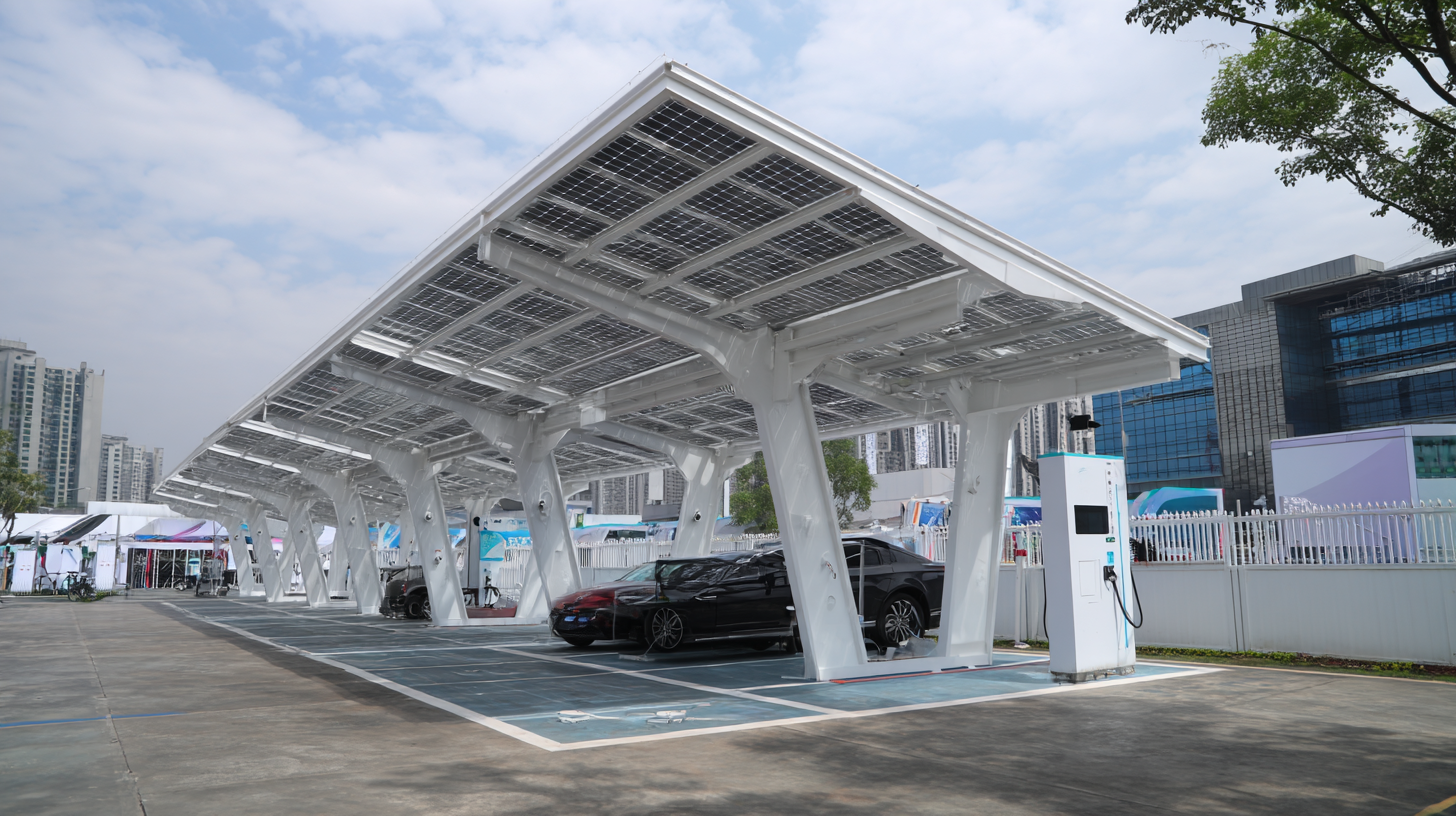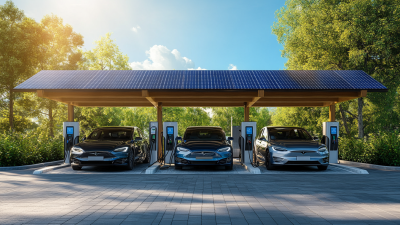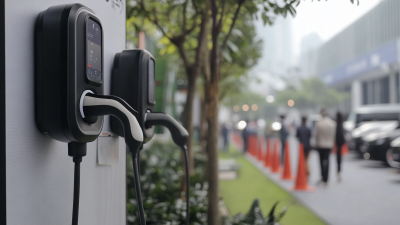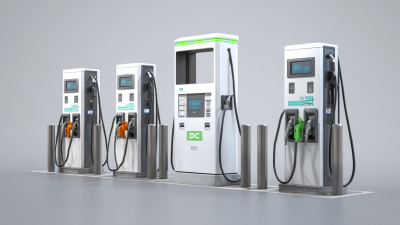As the global focus shifts towards sustainability, the integration of renewable energy solutions into transportation has never been more critical. At the upcoming 2025 China Import and Export Fair, the introduction of Solar Powered EV Charging Stations marks a significant milestone in efforts to promote eco-friendly transportation options.
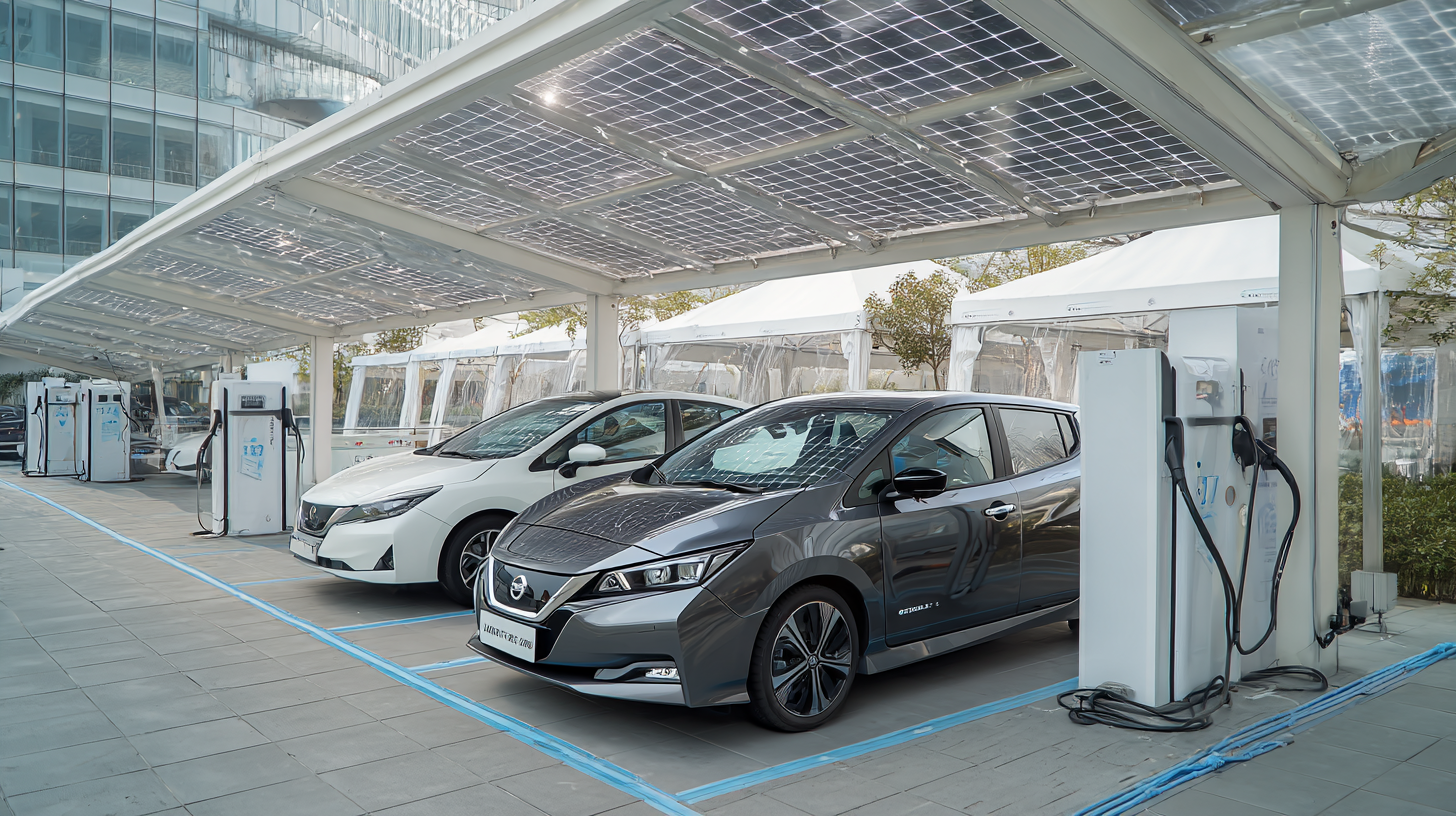
These innovative charging solutions not only provide a practical response to the rising demand for electric vehicles but also harness the power of solar energy to reduce carbon footprints. As stakeholders in the automotive and energy sectors converge at this premier event, discussions will center around the deployment of solar-powered infrastructure, its advantages for consumers and businesses, and how it paves the way for a cleaner, greener future in transportation.
The spotlight will be on the transformative potential of these charging stations, as they symbolize a proactive step towards sustainable urban development and a commitment to reducing environmental impact.
At the 2025 China Import and Export Fair, the introduction of innovative solar-powered electric vehicle (EV) charging stations marks a significant step towards sustainable transportation. These stations leverage cutting-edge solar technology to harness renewable energy, allowing electric vehicles to charge efficiently while minimizing reliance on fossil fuels. This aligns with the global shift towards decarbonizing the transport sector, highlighting the importance of integrating green technology in urban infrastructure.
As cities worldwide push to expand their EV infrastructure, advancements in solar technology are vital. Innovative designs, such as those seen in recent installations across regions, showcase the potential of solar-powered charging solutions. By implementing these systems at high-traffic locations, we can anticipate a surge in electric vehicle usage, reducing emissions and promoting environmental sustainability. The Fair will serve as a pivotal platform for showcasing these developments, fostering collaboration between technology innovators and urban planners dedicated to creating a greener future.
As China continues to position itself as a leader in sustainable innovations, the integration of solar-powered electric vehicle (EV) charging stations will play a crucial role in shaping the future of transportation. Such solutions not only reduce reliance on fossil fuels but also align with China's ambitious carbon neutrality goals. By harnessing solar energy, these charging stations can operate independently of the traditional power grid, minimizing energy costs and enhancing the resilience of the transportation infrastructure.
The benefits of sustainable transportation solutions extend beyond environmental considerations. They stimulate economic growth by creating jobs in green technology and infrastructure development. Additionally, as urban areas increasingly adopt electric vehicles, air quality will improve, leading to better public health outcomes. Furthermore, these charging stations can serve as hubs for community engagement, promoting broader acceptance of EVs and sustainable practices. Overall, sustainable transportation solutions are not just an environmental imperative; they represent an opportunity for innovation and improved quality of life for the citizens of China.
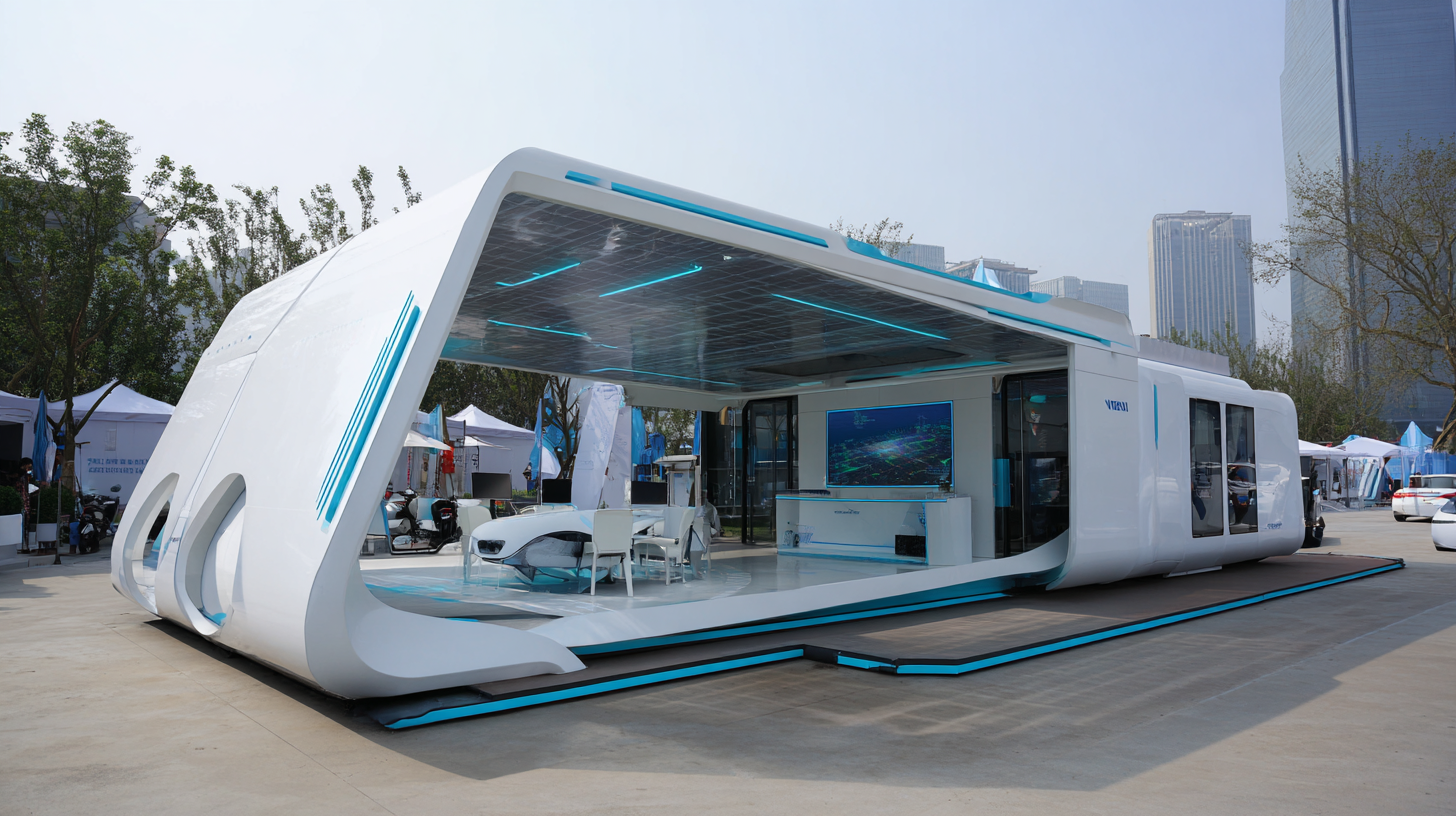 The integration of renewable energy sources into electric vehicle (EV) infrastructure is a pivotal step towards a sustainable transportation future, as showcased at the 2025 China Import and Export Fair. By harnessing solar power, EV charging stations can operate with minimal environmental impact, significantly reducing reliance on fossil fuels. The utilization of solar panels not only provides a clean energy source but also increases the resilience of EV infrastructure, allowing for energy independence and reduced operational costs.
The integration of renewable energy sources into electric vehicle (EV) infrastructure is a pivotal step towards a sustainable transportation future, as showcased at the 2025 China Import and Export Fair. By harnessing solar power, EV charging stations can operate with minimal environmental impact, significantly reducing reliance on fossil fuels. The utilization of solar panels not only provides a clean energy source but also increases the resilience of EV infrastructure, allowing for energy independence and reduced operational costs.
Moreover, incorporating renewable energy into EV charging solutions promotes a circular economy where energy generation, storage, and consumption are interconnected. This holistic approach encourages innovation in energy storage technologies, enabling the use of battery systems to store excess solar energy for use during peak demand periods. Such advancements are critical for enhancing the efficiency of the charging stations while ensuring that electric vehicles contribute to lowering carbon emissions. As cities worldwide strive for greener transport solutions, integrating renewable energy sources is no longer an option but a necessity for sustainable urban development.
At the upcoming 2025 China Import and Export Fair, the spotlight will be on innovative solar-powered EV charging stations, showcasing the advancements in sustainable transportation technologies. These cutting-edge solutions not only promote environmental sustainability but also address the growing demand for efficient electric vehicle (EV) infrastructure. The integration of solar energy into EV charging systems presents a significant step towards enhancing the overall sustainability of urban mobility, creating a cleaner, more renewable energy landscape.
As cities worldwide strive to reduce carbon emissions and combat climate change, the unveiling of these solar-powered charging innovations is timely. They represent a crucial intersection of renewable energy and electric transportation, offering a glimpse into the future of green mobility. Attendees will witness firsthand how these solar technologies can transform urban environments, providing reliable and eco-friendly energy sources for electric vehicles. The event promises to be a catalyst for further developments in sustainable transport strategies, setting a benchmark for future innovations in the sector.
The 2025 China Import and Export Fair showcases a pivotal shift towards a greener economy through the promotion of electric vehicle (EV) adoption. With innovations like solar-powered EV charging stations, we are not only reducing carbon footprints but also creating sustainable infrastructures that support eco-friendly transportation. This initiative encourages individuals and businesses alike to transition to electric vehicles, underscoring the importance of sustainability in our daily travel and commutes.
As we embrace this shift, it’s essential to consider practical tips for maximizing the benefits of EV adoption. One key tip is to choose electric models that align with your lifestyle and driving habits. Research different EV options available to find the one that fits your needs perfectly. Additionally, take advantage of local incentives for purchasing electric vehicles, which can significantly reduce initial costs. Lastly, always stay informed about the expansion of charging networks, particularly those powered by renewable energy, to ensure convenient access to charging facilities.
Integrating electric vehicles into our transportation systems not only leads to cleaner air but also promotes a culture of sustainability. By supporting these advancements at events like the China Import and Export Fair, we are paving the way for a future where greener options are the norm rather than the exception.
